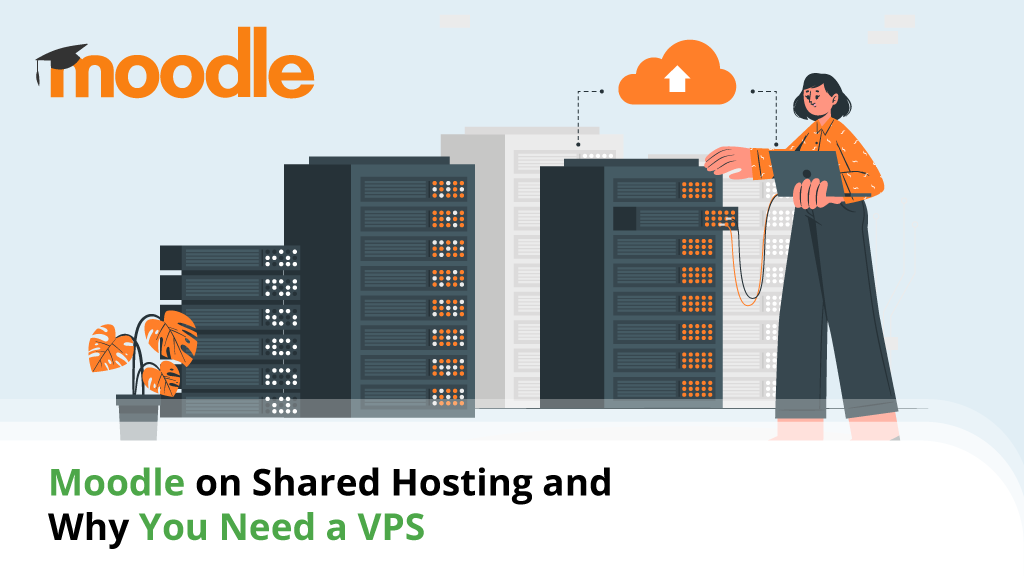
This one is for all of you who have already gone through the rigorous process of finding the right web hosting company and purchasing the best reseller hosting plan to fit your needs.
In this article we will talk about an integral part of any reseller service – nameservers – what they are and how to utilize them properly? So, before you start activating your first client accounts, let’s first learn the basics.
Table of contents:
What are Nameservers?
Nameservers are part of a large database called DNS (Domain name system). It’s basically an all-encompassing archive that “translates” domains and hostnames into IP addresses. When a visitor types in the URL of your website, the nameservers direct the request to the proper location of your content.
What are Private Nameservers?
Typically, every hosting provider has its own string of nameservers. They can be two or more, and often look like this:
ns1.yourhostingprovider.com
ns2.yourhostingprovider.com
So how are private nameservers different?
This feature practically allows you to brand your domain name records with the name of your company. Following the example above, you could change the default nameservers to:
ns1.yourbrand.com
ns2.yourbrand.com
This advanced branding brings in a lot of benefits, especially if you’re reselling web hosting.
Private Nameserver Benefits
- Establishing a Brand – as a reseller, you are looking to appear as an independent host in the eyes of your clients. However, by default, they can still find the main provider nameservers with a simple whois check. A private nameserver will mask all relations with your host and establish you as an independent brand.
- Building Trust – the sense of security is one of the most important things when trying to build a loyal client base. Showing them you take all the needed precautions for your brand, means you can apply the same effort to their web projects as well.
- Making a Switch – should the need occur, you can easily switch your main hosting provider. Having private nameservers set in place will prevent your clients from ever realizing they are now serviced by a new company.
Conclusion
Naming your own nameservers can bring a lot of benefits to your reseller business. By perfecting the image of your brand, you are setting yourself up on the path of success so it’s an option you should strongly consider.
FAQ
Q: What types of DNS records are there?
A: There are about 10 types of common domain name system records. The most popular include A records (for site files), MX records (for emails), CNAME records (for subdomains), and AAAA records (for IPv6 addresses). If you’re unsure how to operate with these options, you better consult your hosting providers first.
Q: How do I set up private nameservers?
A: If you are using WHM (web hosting manager) log in and find the Edit DNS Zone option in the dashboard. Find the desired domain from the drop-down menu and update your SOA records to indicate the primary nameserver and email address you want to use for it.
Keep in mind that any changes to your domain records require some propagation time. It usually doesn’t take more than a few hours, but it’s best if you leave it 24-48 hours for the update to propagate globally.
Q: How many nameservers should I have?
A: In the most common cases, you would need two nameservers, starting with NS1 and NS2. It’s not very uncommon for some hosts to have three as well. More than that is required only in very specific configurations or for linking multiple server farms.
How To Point a Domain Name To a Web Hosting Provider



